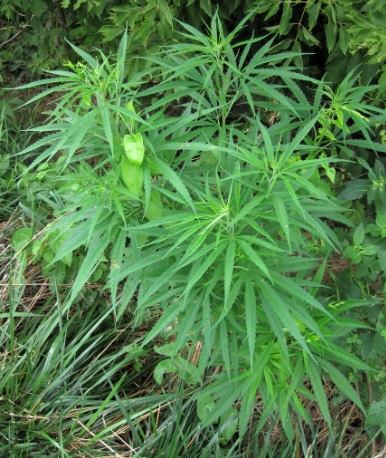
Cannabis is a plant that has gained recognition as a treatment for various health problems, and some doctors in certain states of the US now recommend it to their patients with Autism Spectrum Disorder (ASD), a condition that affects over 700 million people worldwide. Although not widely known, cannabis has the potential to provide relief from certain ASD symptoms.
While anecdotal evidence shows that some individuals with ASD prefer cannabis to traditional pills, scientific studies also suggest that cannabis may be effective in treating ASD symptoms. For example, a 2020 study published by Seminars in Pediatric Neurology found that cannabis has promise in treating symptoms such as aggression, self-injurious behaviors, and epilepsy. Another study conducted by psychologists at the Universidade Federal da Paraíba in Brazil found that cannabis use improved cognition, sensory sensitivity, attention, and social interaction among ASD patients, while reducing symptoms like hyperactivity, anger attacks, sleep problems, anxiety, restlessness, irritability, and depression.
Side Effects With Cannabis Use

However, there are also potential side effects of cannabis use, such as manic and repetitive behaviors and anxiety, although these do not occur for every autistic person using cannabis. To address these potential side effects, scientists have experimented with different forms of cannabis and manipulated the cannabinoids present in the plant. For example, some studies suggest that cannabis oil, which is applied to the skin and contains lower doses of THC (the psychoactive component of cannabis), may be beneficial for children with ASD.
CBD vs THC
Additionally, research suggests that lower doses of CBD and trace amounts of THC provide the best results for managing the behavioral problems and core symptoms related to ASD. A 2021 study from the Journal of Cannabis Research found that a 20:1 ratio between CBD and THC was most effective in this regard, and also showed cognitive improvements in children who took low-grade CBD for over two years.
More Research Needed
While cannabis shows promise as a treatment for ASD symptoms, more research is needed to fully understand how it works and ensure it is safe for everyone. Some studies have produced inconclusive results, and varying potencies of cannabinoids in different studies make it difficult to draw accurate conclusions. Additionally, Autism is a complex condition that affects people differently, so what works for one person may not work for another. Therefore, it is important for individuals with ASD and their families to discuss the potential benefits and risks of cannabis use with their doctor before trying it.
Links to sources in this article:
Autism Spectrum Disorder and Medical Cannabis: Review and Clinical Experience
Mojdeh Mostafavi MD *, John Gaitanis MD †
https://www.sciencedirect.com/science/article/abs/pii/S1071909120300449
Cannabis and cannabinoid use in autism spectrum disorder: a systematic review
https://pubmed.ncbi.nlm.nih.gov/34043900/
CBD Oil for ADHD in Children and Adults: Does It Work?
https://www.healthline.com/health/adhd/cbd-oil-for-adhd
CBD-enriched cannabis for autism spectrum disorder: an experience of a single center
in Turkey and reviews of the literature
https://jcannabisresearch.biomedcentral.com/counter/pdf/10.1186/s42238-021-00108-7.pdf
